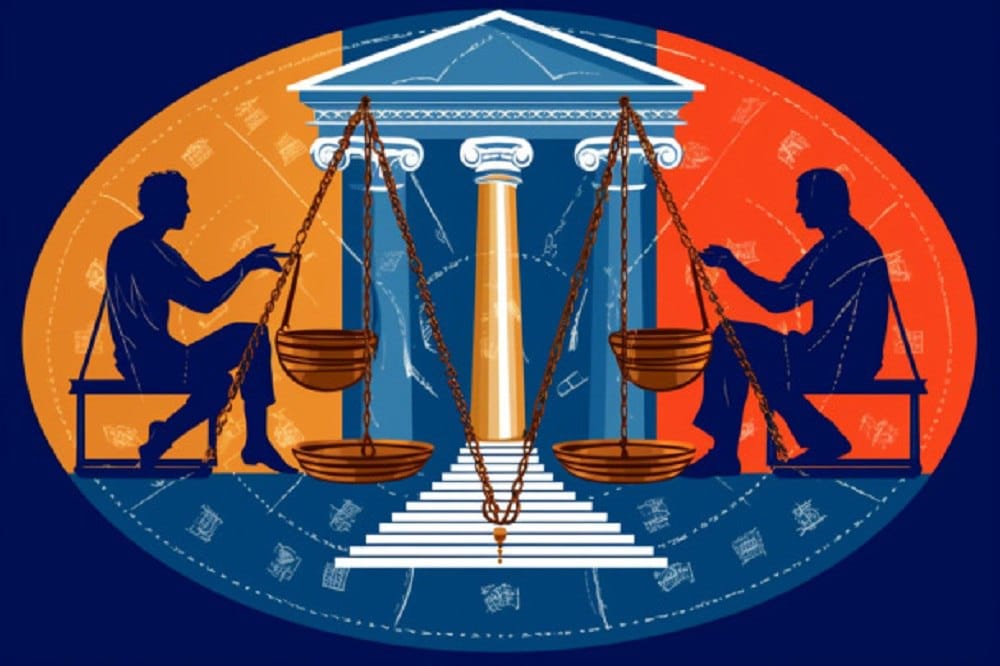
US Debt Ceiling Negotiations Progressing, Biden Urges Bipartisan Agreement
Key Insights:
- The United States faces catastrophic default if the debt ceiling is not raised by June 1.
- Talks between Biden and McCarthy on debt limit increase set to resume on Monday.
- Bipartisan efforts to reduce federal spending amidst debt ceiling negotiations.
Talks between President Joe Biden and Republican House Speaker Kevin McCarthy to increase the United States borrowing ceiling are scheduled to begin on Monday. In order to prevent a disastrous default, the two parties have been discussing measures to reduce government expenditure. Without a rise in the debt limit by June 1st, the Treasury Department has warned that the United States may run out of money.
Efforts From Both Parties To Prevent Default
It has been reported that Biden’s staff and McCarthy have considered capping federal expenditure while increasing the debt ceiling from its current $31.4 trillion. Some politicians, though, have spoken out against the deal. McCarthy has stressed that any rise in the debt limit must include budget cuts. Biden has been firm that he would not negotiate on raising the debt ceiling and has pushed for a clean increase to be passed by Congress before any talks on a spending plan can begin.
Time is of the Essence, and the Stakes are High
Both parties now feel more pressure than ever to break the impasse and strike an agreement. Janet Yellen, the United States Secretary of the Treasury, has warned that if a deal is not reached, the United States might default on its debt on June 1; this would have catastrophic economic implications and could trigger a worldwide financial catastrophe.
Biden’s Optimism is Tempered
I believe things are going along, hard to say,” Biden told reporters at Joint Base Andrews, expressing cautious optimism about the discussions. The day of truth has not yet arrived. He also said that further details will be forthcoming over the following few days. A possible deal to increase the debt ceiling and set new constraints on government spending has been discussed by congressional staff and administration officials.
Potential Budget Reductions
Permit reform to increase energy production and the return of unused COVID-19 assistance monies are two potential avenues for reducing expenditures. Some politicians, though, have spoken out against the deal. McCarthy has stressed that any rise in the debt limit must include budget cuts. Biden has been firm that he would not negotiate on raising the debt ceiling and has pushed for a clean increase to be passed by Congress before any talks on a spending plan can begin.
Conclusion
As talks between the US administration and Congress on the country’s mounting debt continue, much is at risk. The specter of a disastrous default is putting pressure on both parties to find common ground. The globe is waiting with bated breath to see whether the United States can avoid a financial disaster as the deadline for a debt ceiling rise approaches.




